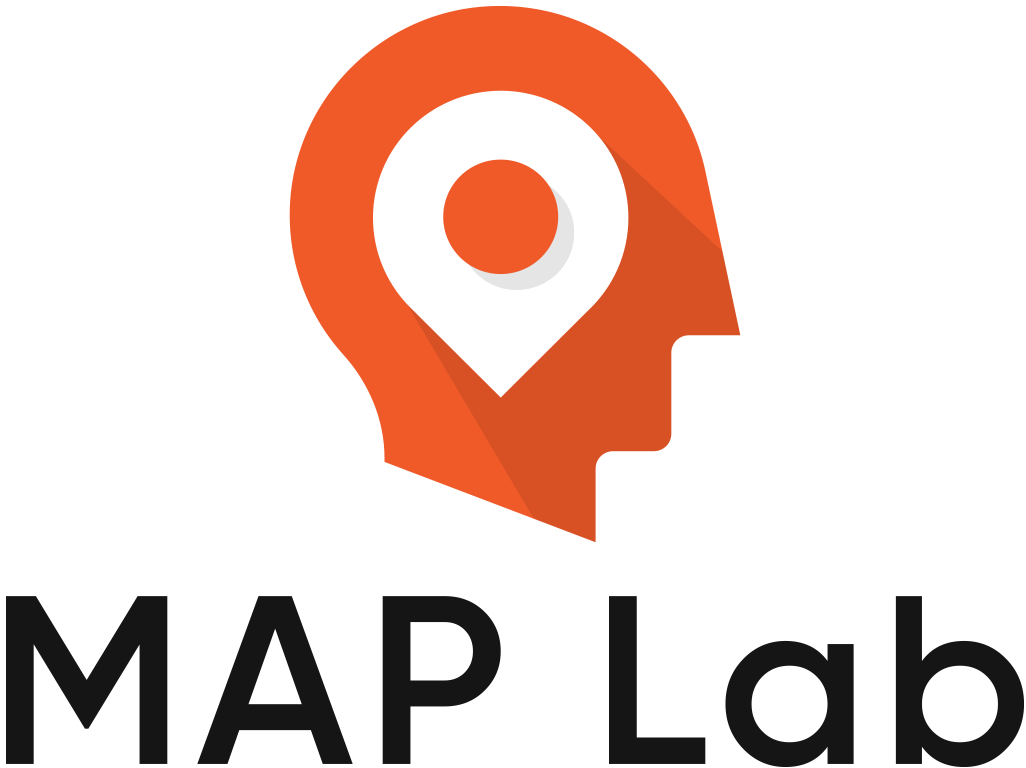Our research
What do we study
The MAP Lab studies how people perceive other individuals, form and update memories about them, and act upon those perceptions and memories in social interactions. These complex and dynamic processes of social perception and action are shaped by various factors, including cultural background, personal experiences, and strategic self-presentation. Our research spans from millisecond-level cognitive processes to broader societal influences, affecting outcomes ranging from personal relationships to criminal justice and leadership decisions.
We employ advanced computational methods to decode how social information is embedded in spontaneous reactions to others, revealing hidden biases and the intricate mechanisms of social cognition. Our cross-cultural studies explore how cultural factors shape social perception across diverse regions, uncovering the influence of cultural learning on facial cue interpretation and impression formation. We also investigate how individuals, particularly those from marginalized groups, strategically use nonverbal cues like attire to manage impressions and navigate complex social environments.
By integrating insights from social and personality psychology, vision science, cultural psychology, and cognitive neuroscience, we aim to construct a more comprehensive understanding of social perception. This interdisciplinary approach considers the impact of social biases, conceptual knowledge, past and new experiences, and learning, extending beyond the mere influence of facial features. Through our research, we seek to enhance cross-cultural understanding, improve intergroup relations, and contribute to more equitable social interactions in our increasingly diverse and interconnected world.
CULTURAL GRADIENTS IN SOCIAL COGNITION
Our research explores how cultural factors shape social perception across diverse regions. We investigate how our cultural background influences the way we interpret facial cues and form impressions of others.
STRATEGIC SELF-PRESENTATION
We examine how individuals, especially those from marginalized groups, strategically use nonverbal cues like attire to manage impressions. Our work uncovers the strategies people employ to navigate complex social environments.
COMPUTATIONAL MODELING OF SOCIAL PERCEPTION
We use advanced computational methods to decode how social information is embedded in our reactions to others. From eye movements to body language, we model how our spontaneous responses reveal our social judgments.
Cultural Gradients in Social Cognition
– Traditional research in social cognition often assumed universal processes, overlooking variations across cultures. However, recent studies suggest that cultural context significantly influences how we perceive and interpret social cues. How do these cultural differences manifest in our everyday social interactions?
Our research explores how a variety of cultural factors–from stable factors like cultural beliefs and norm, to situational factors like a social motivator— shape the cognitive processes underlying social perception and action. Through large-scale, cross-cultural studies, we’ve found that face-based trait inferences are rooted in region-specific associations between personality traits (Oh et al., 2022, Psych Sci). These findings highlight the importance of considering cultural context in understanding social cognition and raise questions about the universality of social perception theories.
Lab members involved:
- Joy Tong
- Yuqing Shi
- Minkyung Kim (alum)
- Natasha Tan (alum)
- DongWon Oh
Related work:
Strategic Self-Presentation and Impression Management
Social psychology has long recognized the importance of self-presentation in social interactions. But how do individuals, particularly those from marginalized groups, navigate complex social environments where stereotypes may influence others’ perceptions?
Recently, we learned that clothing-embedded competence cues (e.g., expensive-looking clothes) enhance perceptions of competence of individuals in an uncontrollable fashion (Oh et al., 2020, Nat Hum Behav). Building upon this finding, our research investigates how people strategically use nonverbal cues like attire to manage impressions across various social contexts. We’ve found that economic status cues from clothing significantly affect perceived competence from faces, independent of the target’s actual abilities. This work raises important questions about the interplay between personal agency and societal stereotypes in shaping social outcomes.
Lab members involved:
- Ming Huang Teo (alum)
- Nikita Ong
- DongWon Oh
Related work:
Computational Modeling of Social Interaction
While traditional methods in social cognition research have provided valuable insights, they often struggle to capture the complexity and speed of real-world social judgments. How can we better understand the rapid, often unconscious processes that underlie our social perceptions?
We apply advanced computational methods to decode abstract social information embedded in various human responses. By modeling how social evaluations are implicitly encoded in spontaneous physiological reactions, such as eye movements and pupillary responses, we reveal subtle aspects of social cognition that may not be apparent through traditional experimental paradigms (Mao et al, under review). We expand the investigation to other spontaneous social actions, such as bodily movement.
Lab members involved:
- Angela Anqi Mao
- Michael Runquan Yu
- Yuqing Shi
- DongWon Oh
Related work:

